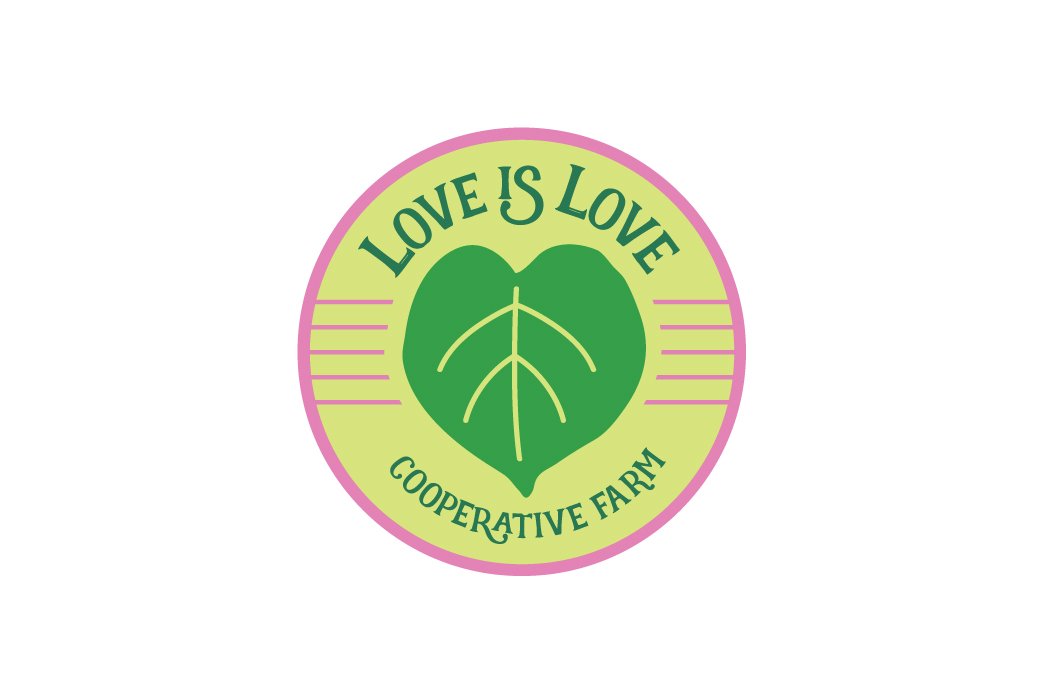BY MICHAEL WALL
PHOTOS BY BROOKE HATFIELD & ELIZABETH JOHNSTON
As with many things in Atlanta, the city’s urban agriculture movement is overlooked and underestimated. But that’s just fine, because maybe it just motivates the growers who are leading the urban agriculture revolution here to work that much harder.
Not like they need the extra challenge. Rural, urban, suburban—it makes no difference: Farming is hard, tough work. But it’s also about the most rewarding job one could have. First, though, let’s make sure we’re all on the same page when it comes to the term “urban agriculture.” If you Googled it, you’d find a dozen different definitions. The long and short of urban agriculture is simply growing food in an urban environment, the city. And Atlanta is fortunate enough to have several different farms and gardens that present different approaches to urban agriculture. Many of them follow organic principles, which aim to foster a healthy environment, improve personal health and public wellness and build a sustainable farm economy.
Atlanta’s most celebrated urban farming operation, Truly Living Well (TLW) is known as much for its community connections and agricultural advances as its bountiful harvests. The vision of Truly Living Well comes from its dedicated and creative staff, especially founder Rashid Nuri. Since its launch in 2006, Truly Living Well has grown more than 20,000 pounds of food annually on several small plots of land.
TLW’s vision is to use quality local food production as a platform to provide a range of educational and entertainment activities. This will return a measure of enjoyment and community involvement to the production and consumption of food.
The community connections are crucial for TLW, as they are for most of the other successful urban farms and gardens operating in Atlanta. To deepen its roots in the community, TLW also operates a successful community- supported agriculture (CSA) harvest subscription program; hosts classes on topics such as soil preparation, weed and disease control and composting; and runs a popular children’s camp at TLW’s Wheat Street Gardens farm near historic Auburn Avenue and the Martin Luther King, Jr. National Historic Site.
Atlanta’s other preeminent urban agriculture operation is Gaia Gardens, a certified organic farm tucked away in the East Lake neighborhood of DeKalb County. Gaia Gardens is farmed by Joe Reynolds and Judith Winfrey, whose operations also go by the name of Love is Love Farm. According to Reynolds, Gaia “is a quintessential, well-constructed and thoughtful meditation on how an organic, diversified production farm sits in the context of an urban community and neighborhood. Essentially, it harbors an oasis of biodiversity of plants, animals, insects and microorganisms giving weight to the idea that biodiversity is the master plan for success on Planet Earth.” Gaia Gardens is five acres, with 1.5 acres of vegetable, herb and flower plots, and a half acre fruit orchard with blueberries, figs and muscadines. Reynolds and Winfrey sell their produce through a CSA program, at restaurants in Decatur and Atlanta and at the East Atlanta Village Farmers Market.
Just as TLW intertwines itself in its surrounding communities, Reynolds wants to “grow good community through supporting Slow Food Atlanta, Wholesome Wave Georgia, Community Farmers Markets and Georgia Organics. We also deeply stand by educating new and emerging farmers in an effort to increase and empower our ranks.” Gaia Gardens and TLW’s Wheat Street Gardens epitomize the best of urban agriculture: healthy, thriving ecosystems that produce a bounty of chemical-free foods with the city’s skyline serving as a backdrop, and a reminder of the many customers who deserve quality food grown with passion and sweat. eA To learn more visit trulylivingwell.com and loveislovefarm.com.
Michael Wall, a seventh-generation Georgian, has been the communication director at Georgia Organics since December 2008. He has previously served in public relations at the Atlanta Regional Commission and Georgia State University.


